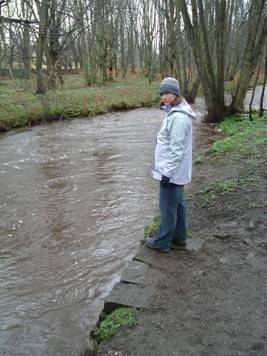What qualifications did you take at school?
I was educated in England and took several GCSEs (including maths, English, chemistry, biology and physics), before ‘A’-levels in maths, chemistry and physics
Why did you choose your first degree subject?
I studied chemistry at the University of Durham, which was a great degree for me. I had decided long before reaching University that I would like to study chemistry in more depth, and felt that the best way was to take a degree in the pure subject
Do you have a Masters or PhD? If not, was it difficult to demonstrate Masters-level equivalence in order to achieve CSci?
I obtained a PhD from the University of Newcastle upon Tyne working in the Northern Carbon Research Laboratories, under the supervision of Prof. K. Mark Thomas. This was a great opportunity, not only to advance research and my own experimental knowledge and techniques, but also to develop a lot of key transferable skills that have stood me in good stead during my career, such as networking, presentation skills and scientific writing

